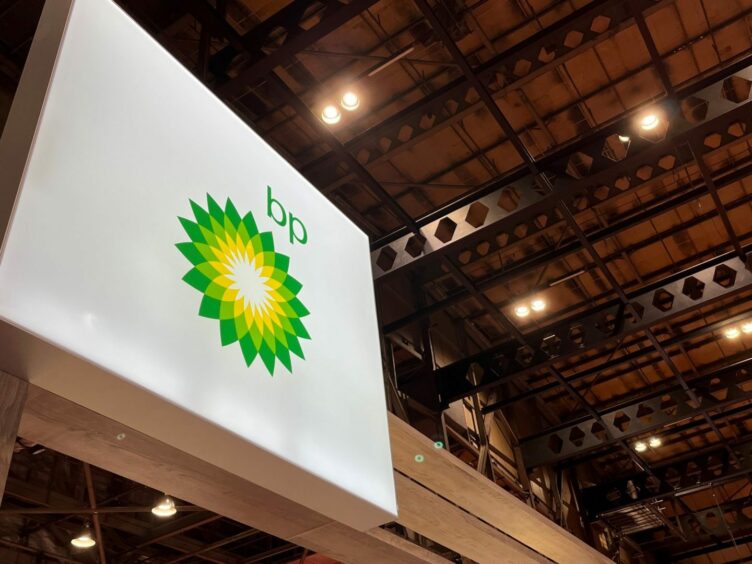
Having made 7,500 cuts across the globe in 2020, figures published by the oil giant show UK numbers have nearly recovered to pre-pandemic levels.
In a report charting its contribution to the UK economy, BP (LON:BP) said it employed 15,468 people across the nation last year, 1,951 of whom are in Scotland.
That contrasts with the 15,780 people employed as of 2019 – the last year for which a full report is available – and when around 2,150 roles were in Scotland.
It suggests its workforce levels have stabilised since it made severe cuts during the Covid-19 pandemic, axing 10,000 roles globally – around 2,000 of which were thought to be in the UK.
Tax payer for second year running
The figures were released in tandem with the group’s annual Payments to Governments report, which shows it paid and collected £3.6 billion in UK taxes, of which corporate income tax for its North Sea activities amounted to some £1.8bn.
The report covers BP’s upstream activities, including the exploration, development and extraction of oil and gas.
Payments to government totalled around £1bn, the bulk of which went to HMRC, alongside £5.4m in fees paid to the North Sea Transition Authority (NSTA).
Announcing its Q1 results in early May the company confirmed that it had already hit a $1bn milestone in windfall tax contributions since the government enacted the levy last summer.
Chief financial officer Murray Auchincloss has previously stated the UK tends to make up around 15% of the company’s global profits.
2022 is only the second in a row that the supermajor has made net contributions to the Exchequer, following several years of net rebates linked to major North Sea decommissioning expenses and other tax settlements.
UK legislation allows operators to claim relief against their huge decommissioning costs based on previously paid tax from the fields.
BP’s 2021 report showed its first such payment for six years, in which it paid $127m to the UK’s HM Revenue and Customs, Crown Estate and NSTA.
Meanwhile, it produced around 60 million barrels of oil and gas from its operated facilities in the North Sea.
Supply chain impact
Around £5bn was spent by the company across the local supply chain, £550m of which was directed to Scottish firms.
A further £230m in capital expenditure was spent with businesses in Scotland, around one-third of the group’s total capex spend for the year.
It comes as the group supports key projects such as a new offshore renewables hub at the port of Leith in Edinburgh, and the development of a proposed hydrogen energy hub in Aberdeen – a final decision on which is expected this summer.
Modelling by Oxford Economics suggests BP’s activities stimulated a further 68,000 jobs along the UK supply chain, alongside its own employee base, and £20bn in gross value added (GVA) – equal to around 0.8% of national GDP.
Around £2.5bn of this estimated GVA contribution landed in Scotland.
Recommended for you
